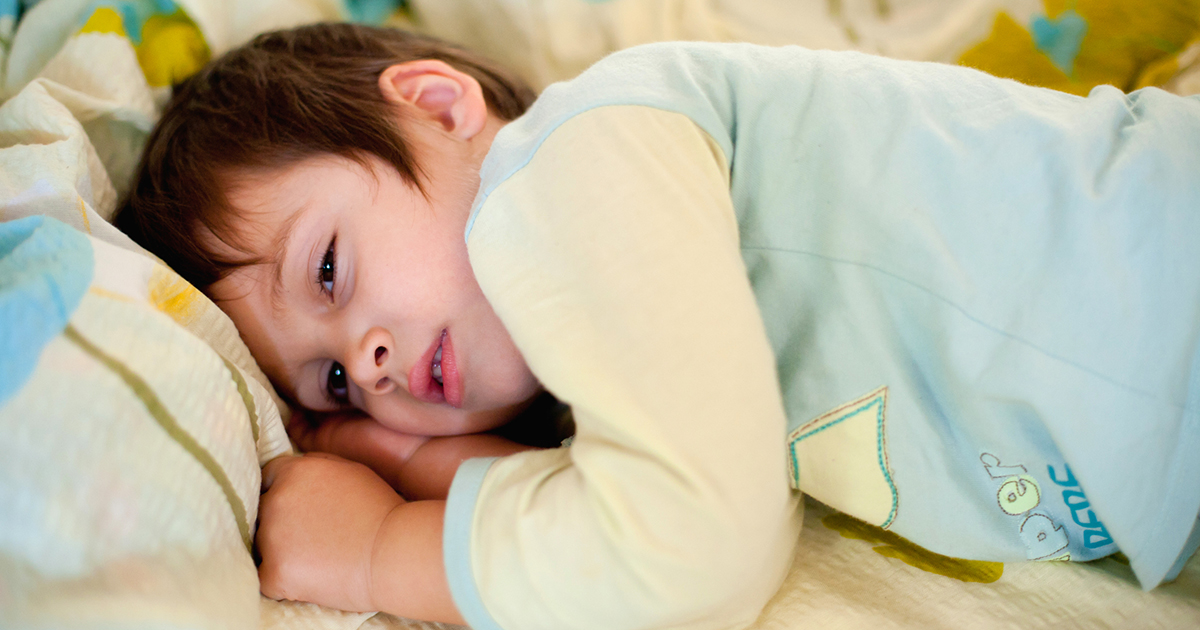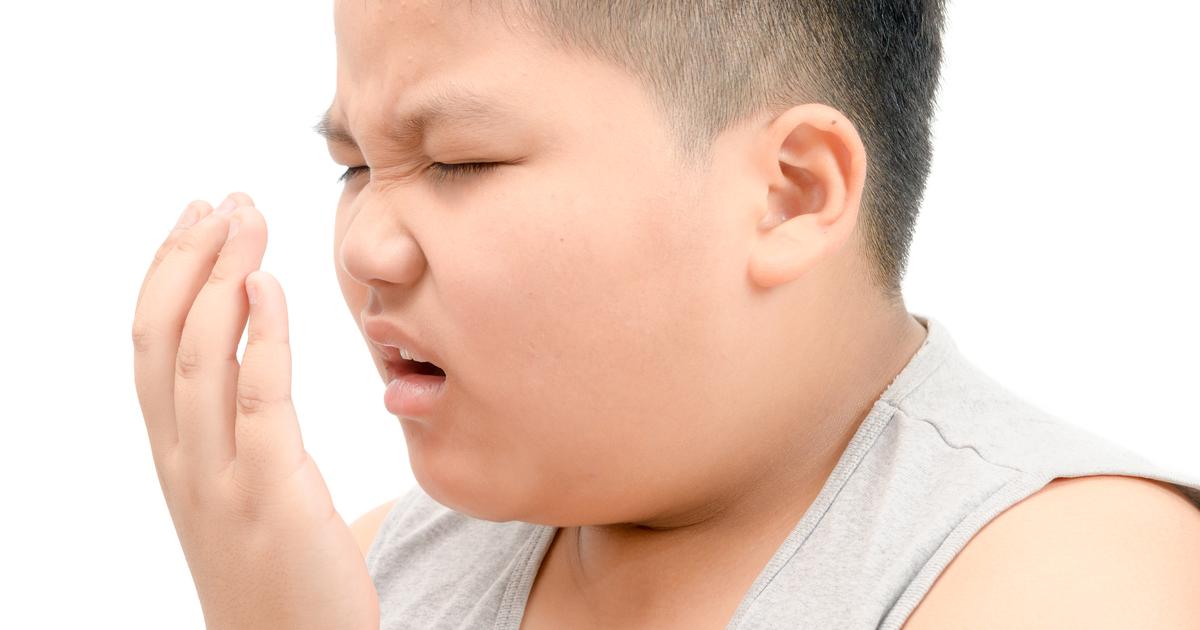Guide To The Symptoms Of Diabetes In Children
Fatigue And Irritability

Fatigue and irritability are two common signs of diabetes, though irritability is less common in type 2 diabetes than in type 1. The fatigue is caused by the lack of sugar in the child's cells, which we know need sugar for energy. If the cells aren't receiving energy, they can't function properly. This may cause a child with diabetes to sleep longer, be unusually tired when they wake up, and have trouble focusing. Some children might fall asleep in class or be too tired to participate in activities they usually enjoy. The fatigue associated with diabetes can also happen in other conditions, one of the most common being adolescent depression. In type 1 diabetes, parents might notice their child's behavior suddenly changes. They may become irate and have little patience, and their school performance might also suffer a sudden decline. Low blood sugar levels can cause changes in behavior and personality, trouble concentrating, confusion, irritability, and aggression. High blood sugar can cause cognitive impairment, tiredness, and anxiety.
Get more details on diabetes symptoms seen in children now.
Fruity-Smelling Breath

Diabetes can cause children to have fruity-smelling breath with no explained cause. When the body doesn't make insulin, cells don't have enough glucose, which is the main fuel source for cells, and it comes from the sugars found in carbohydrates. When the body can't convert carbohydrates into usable energy, the cells need to use another energy source instead, so they begin burning fat cells. When individuals burn fat, their body produces ketones, which are substances that build up in the urine and blood. The body might also produce ketones if individuals are on a low-carb and high-protein diet. If the ketone levels in a child's body are high, they might develop bad breath. Unsafe ketone levels can cause diabetic ketoacidosis, a severe and life-threatening diabetes complication. Fruity and sweet odors on the breath are a hallmark sign of diabetic ketoacidosis. If parents suspect their child has diabetic ketoacidosis, they should seek emergency medical treatment immediately.
Uncover the next sign of diabetes seen in children now.
